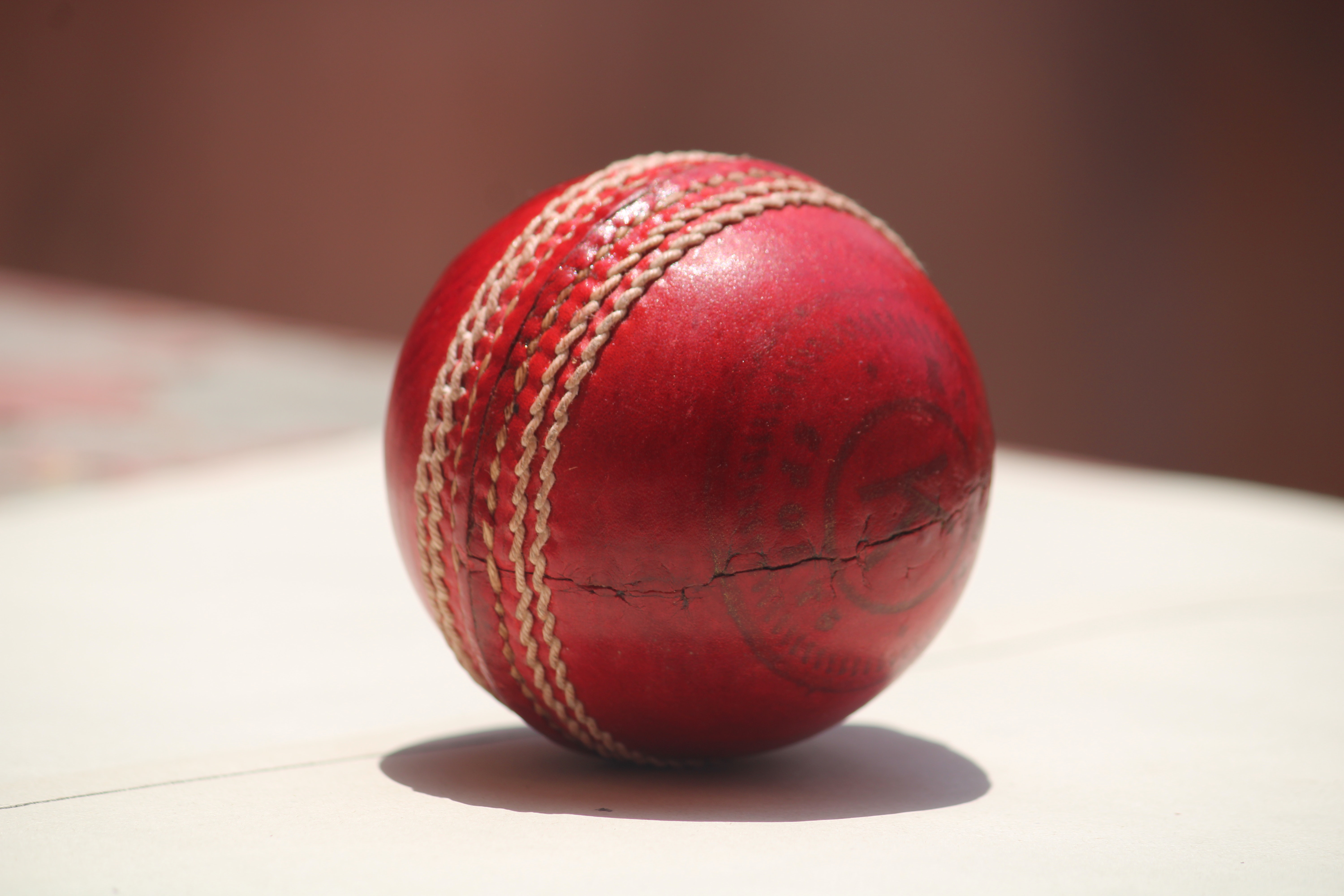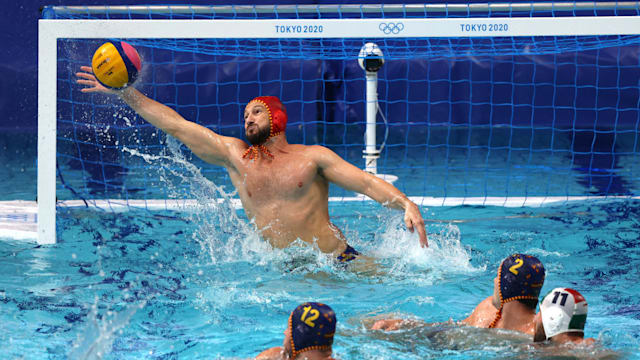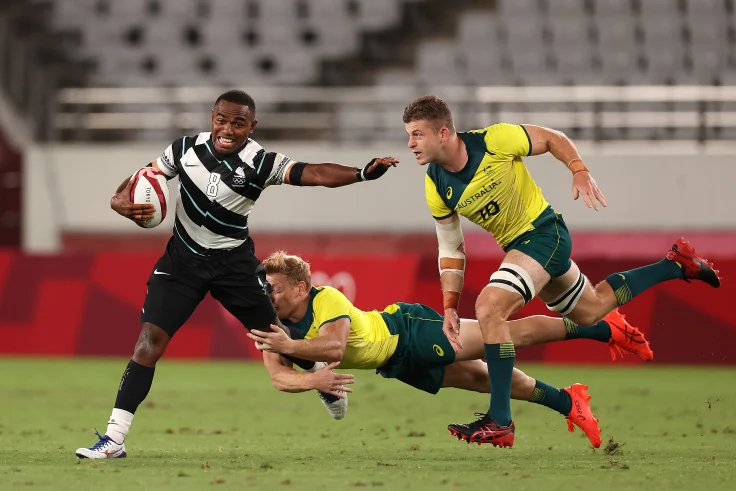Cricket |
||
| 2024-07-26 | ||
|
| 2024-07-26 | |
AFL |
||
Australian Football League (AFL) |
||
| 2024-07-26 | ||
Badminton |
||
Paris 2024 Olympics - Men's Doubles |
||
|
| 2024-07-27 | |
Paris 2024 Olympics - Men's Singles |
||
|
| 2024-07-27 | |
Paris 2024 Olympics - Mixed Doubles |
||
|
| 2024-07-27 | |
Paris 2024 Olympics - Women's Doubles |
||
|
| 2024-07-27 | |
Paris 2024 Olympics - Women's Singles |
||
|
| 2024-07-27 | |
Basketball |
||
Paris 2024 Olympics Men's Basketball |
||
| 2024-07-27 | ||
Beach Volleyball |
||
Paris 2024 Olympics - Men |
||
| 2024-07-27 | ||
Paris 2024 Olympics - Women |
||
| 2024-07-27 | ||
Canoe Slalom |
||
Paris 2024 Olympics |
||
| 2024-07-27 | ||
Cycling Road |
||
Paris 2024 Olympics |
||
| 2024-07-27 | ||
Diving |
||
Paris 2024 Olympics |
||
| 2024-07-27 | ||
Equestrian |
||
Paris 2024 Olympics |
||
| 2024-07-27 | ||
Football |
||
Friendlies Women 2024 |
||
| 2024-07-27 | ||
Men's Olympic Football Tournament Paris 2024 |
||
| 2024-07-27 | ||
Gymnastics Artistic |
||
Paris 2024 Olympics |
||
| 2024-07-27 | ||
Handball |
||
Paris 2024 Olympics Men's Handball |
||
| 2024-07-27 | ||
Hockey |
||
2024 Olympic Games (M) |
||
| 2024-07-27 | ||
2024 Olympic Games (W) |
||
| 2024-07-27 | ||
2024 Test Matches SUI v AUT (W) |
||
| 2024-07-26 | ||
Paris 2024 Olympics Men's Hockey |
||
| 2024-07-27 | ||
Paris 2024 Olympics Women's Hockey |
||
| 2024-07-27 | ||
Rowing |
||
Paris 2024 Olympics |
||
| 2024-07-27 | ||
Rugby League |
||
National Rugby League (NRL) |
||
| 2024-07-26 | ||
Rugby Sevens |
||
Paris 2024 Olympics Men's Rugby Sevens |
||
| 2024-07-27 | ||
Rugby union |
||
Men's Internationals 2024 |
||
| 2024-07-27 | ||
Shooting |
||
Paris 2024 Olympics |
||
| 2024-07-27 | ||
Skateboarding |
||
Paris 2024 Olympics |
||
| 2024-07-27 | ||
Surfing |
||
Paris 2024 Olympics |
||
|
| 2024-07-27 | |
Swimming |
||
Paris 2024 Olympics |
||
|
| 2024-07-27 | |
Volleyball |
||
Men's Olympic Games 2024 - Volleyball |
||
| 2024-07-27 | ||
Paris 2024 Olympics Men's Volleyball |
||
| 2024-07-27 | ||
Water Polo |
||
Paris 2024 Olympics Women's Water Polo |
||
| 2024-07-27 | ||
Latest articles

Determined Nepal Face Experienced Canada in T20 World Cup Warm-up

Dhaka Premier League Standings
Paris 2024 Artistic Gymnastics team competition draw is out

Water Polo Teams Dive into the Journey to the 2024 Olympics

The Thrilling Quest of Rugby Sevens Teams for Paris 2024 Qualification
Time zone: AUS Eastern Standard Time (UTC+10:00)
© 2023 RubaiSport